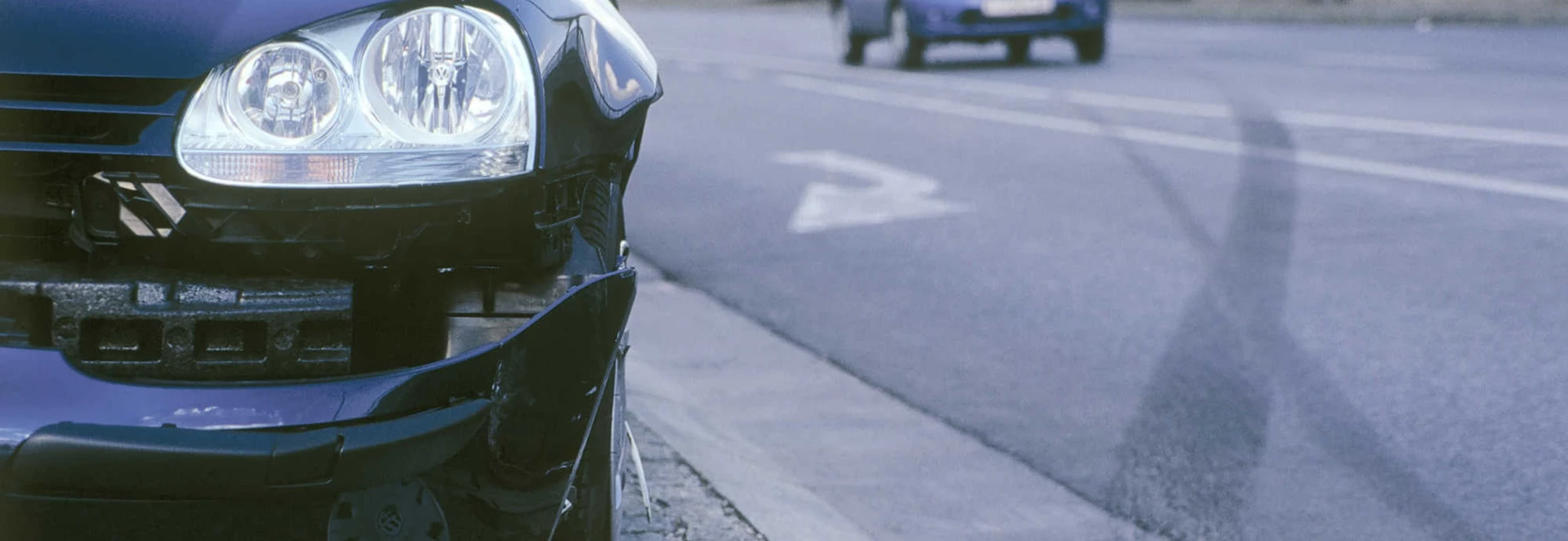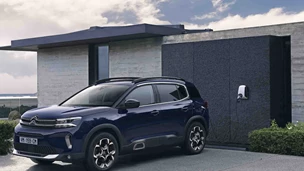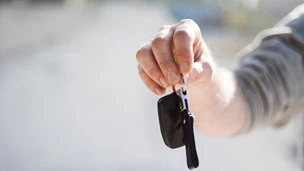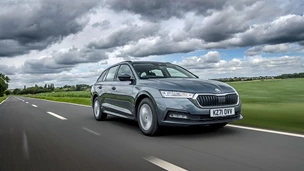If you’re looking for a used car, you’ll come across a range of acronyms and terms in a car’s description. These can be used to describe the condition and history of the car in question, or conditions of the sale.
There’s your usual mix of ABS (anti-lock braking system), 4WD (four-wheel drive) and climate control. However, there’s also a list of abbreviations you won’t find on any manufacturer websites such as ‘gc’ (good condition), ‘fsh’ (full service history) and ‘t&t’ (taxed and tested). These are important additions to any used car advert, but they should all be taken with a grain of salt.
Cars that claim to be taxed are irrelevant now, because since October 2014 it has been the new owner’s responsibility to tax the vehicle. The previous owner’s tax is immediately cancelled upon sale, and you will be fined if you don't tax the vehicle yourself.
However, a more concerning abbreviation that is found in some used car adverts is V Car - which may also be written as V, VCar, or V-Car.
What does V-car registered mean?
V-car and other similar terms stand for Vehicle Condition Alert Registered Vehicle – and if the car you’re interested in carries the moniker, you might want to think very carefully about parting with a bundle of cash.
That’s because if a car is classed as a V Car, it has at one point in its history been written off for one reason or another.
What is a write off?
The term write-off is used by insurance companies and police forces to refer to a car which has been in an accident and is too damaged to be repaired properly.
All cars that are written off by insurance companies or seized by the police will make it onto the V Car register, however not all will be able to return to the road.
Generally speaking, the category of the car’s write off will determine whether it can be repaired and put back on the road.
There are four main 'write-off' categories in the UK, plus an additional one singled out for those cars which have been damaged by fire or stolen.
Category A write off
Category A cars are not deemed fit to return to the road, no matter how much repair work goes into returning it to a decent condition. The car and its parts are crushed.
Category B write off
Category B cars can have some use as spare parts but the body is deemed irreparable and is crushed. Category B cars should never return to the road.
Category C write off
A Category C car can be returned to the road despite the fact that it has been badly damaged. The insurance company will have written it off because the repair costs would not have stacked up given the value of the car, however on a car that is only worth £1,000-2,000 it doesn't take much damage to rack up a bill with a value higher than the car. A few bent panels might do it.
Technically – and from a safety perspective – it is quite possible to return the car to the road once repaired.
Category D write off
Category D cars can also be returned to the road and their condition is better than Category C models – some category D write-off's may have cosmetic damage only, but have been deemed by an insurance company to be more valuable as a write-off.
Again the insurer will have decided that the repairs are too expensive in light of the total cost of the vehicle itself, but there is nothing to prevent their return to the road following repair.
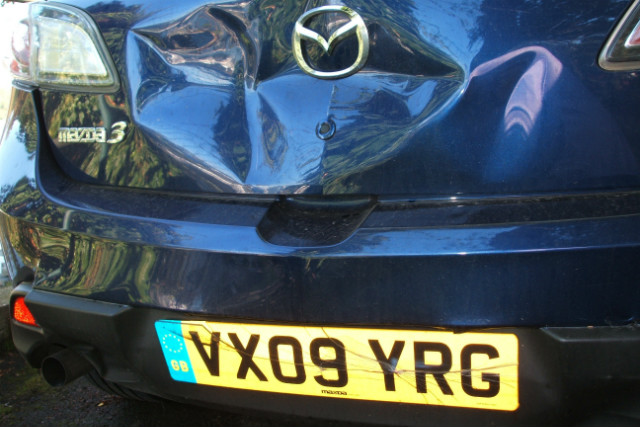
Obviously the write-off is based on the quote given by the garage, whereas the garage could feasibly buy the car for next to nothing and fix it at a fraction of the cost originally quoted. If you're buying a V Car, realistically this is the kind of history you'd be looking for. You're getting a car that was only lightly damaged and is now good as new, but hopefully for a much reduced price.
Category F write off
Category F cars are those that are deemed irreparable because of fire damage or cars that have been stolen and had their total loss payment covered.
That means an insurer has paid out for the stolen car so that – even if it has been bought by an innocent party – it can be repossessed immediately by the insurer to cover losses. One to avoid!
What Is the V Car Register?
The V-Car register is a resource used by insurers and accident services, to list when a car has been classified as a write-off.
"Write-off" is an informal term used to describe a car that has been stolen and not recovered, or damaged to an extent whereby the repair costs are more than the total value of the car. Once a car has made the V-Car register it can never escape the title, however it can sometimes be returned to the road. Cars with V-Car status are normally much cheaper than other used cars due to the nature of their past.
Are V-Cars Safe To Drive?
V-Cars can be safe to drive following repairs, however it is wise to have a professional inspect the vehicle to ensure it is in fit and proper condition for use on the road.
A garage will of course need to carry out a standard MOT on a V-car and pass it before it can go back on the road, but MOT's are only really a quick visual inspection of the vehicle in question. A dodgy mechanic could easily cover up a multitude of sins to a point where it would pass the average MOT. As such, it is advised to only buy a V-Car if you know its history and are comfortable with the condition of the car.
Dodgy car dealers have been known to buy cheap V-Cars and dress them up with new paintjobs, new equipment and an enticing price; only for them to bits down the line. You've probably also heard of the phrase "Cut and Shut", whereby dodgy mechanics join 2 different cars together to pass them off as a different car. All things a professional could spot.
Also, it may sound obvious but make sure you ask a dealer or private seller if the car has ever been written off - as they are not obliged to volunteer the information. However, once you've asked they are committing an offence if they fail to tell you when asked or otherwise lie about it.
Can I buy a V Car?
It is indeed possible to buy a car that is classed as a V Car from a dealer or private owner provided that it falls under Category C and D all necessary repairs have been made.
If you buy a V Car, you may get an inexpensive vehicle that is perfectly safe to drive, but if you don't do your homework you could end up with a problematic car that is plagued with problems.
Category C write-offs should be approached with significant caution. Not only that, you may find it very hard to sell it on in the future, particularly as a part-exchange to a dealer.
Can I check if a car has been written off?
There are various online and phone services available nowadays which can confirm to you if a particular car has ever been written off in its history.
You can try one of the following links to confirm if a vehicle is a V Car:
If you're searching for a new car to buy, see how you could save money now on carkeys.co.uk
